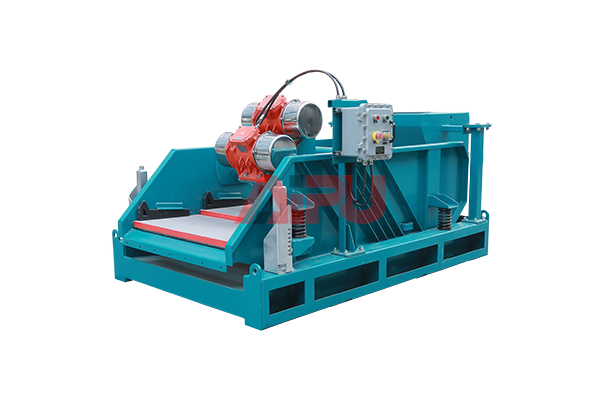The operational environment plays a crucial role in determining the performance and longevity of solids control equipment. From temperature extremes to abrasive materials, various environmental factors can significantly impact efficiency, maintenance requirements, and overall system reliability.

High-temperature environments accelerate wear on seals and elastomers while potentially causing overheating in motors and electronic components. Conversely, sub-zero conditions can thicken fluids, reduce material flexibility, and impair mechanical movements. Equipment designed for Arctic operations incorporates heating elements and specialized lubricants that wouldn't be necessary in tropical locations.
Atmospheric conditions present another critical consideration. Coastal installations face saltwater corrosion that demands stainless steel components and protective coatings. Desert operations require enhanced filtration to prevent fine particulate ingress that could damage sensitive instrumentation. Humidity control becomes essential in tropical regions to prevent electrical failures and component degradation.
The chemical composition of processed materials directly affects equipment selection. Highly abrasive drilling fluids necessitate wear-resistant construction materials in shakers and centrifuges. Corrosive fluids mandate chemically inert surfaces throughout the system. Equipment manufacturers must balance material durability against weight constraints and cost considerations.
Altitude impacts equipment performance through reduced atmospheric pressure and oxygen levels. Pneumatic systems require recalibration for high-elevation operations. Combustion engines need adjustment to maintain proper air-fuel ratios. Even electrical components may require derating at extreme elevations due to reduced cooling capacity.
Vibration and shock loads vary dramatically between stationary plants and mobile units. Truck-mounted systems demand robust construction to withstand road vibrations, while offshore platforms must account for wave-induced motions. Proper isolation mounting and structural reinforcement become essential design considerations.
Space constraints influence equipment configuration and accessibility. Compact rigs require modular designs with vertical integration, while large-scale operations can implement horizontal layouts for easier maintenance. Serviceability requirements must align with available workspace and lifting capabilities.
Power availability dictates equipment selection and system design. Remote locations may necessitate diesel-powered units or hybrid systems, while grid-connected facilities can implement more energy-efficient electric drives. Voltage fluctuations in some regions require additional protective circuitry.
Regulatory environments impose operational constraints that affect equipment specifications. Emission controls may dictate exhaust treatment systems. Noise restrictions can require acoustic enclosures. Local safety standards influence guard designs and emergency shutdown configurations.
If your project requires solids control equipment, choose Aipu Solids Control, it will be your best choice.
